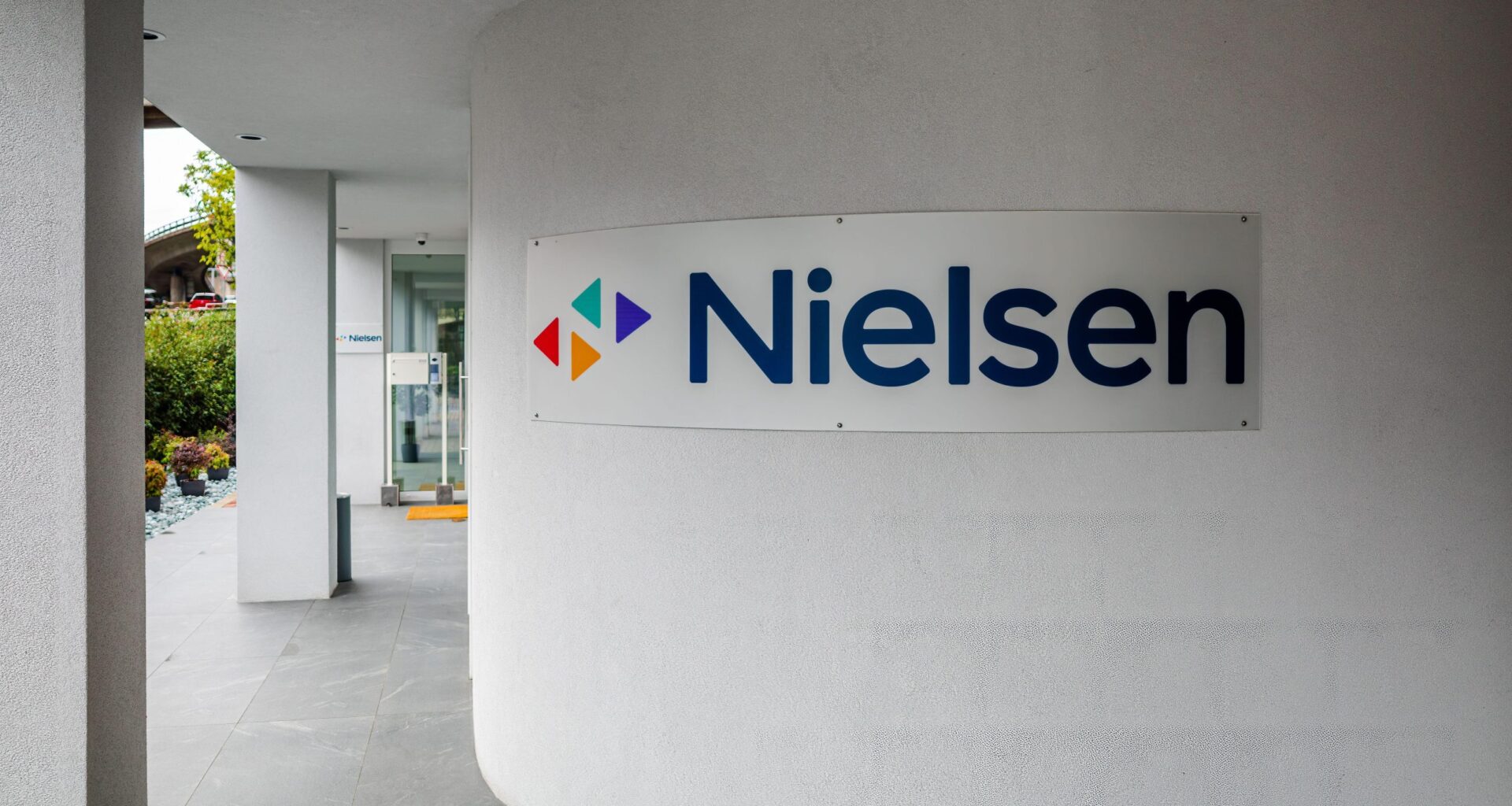It may seem like viewership records are falling every week, but the new Nielsen “Big Data + Panel” era is not winning raves across the board.
In a statement originally given to Brandon Thurston of Wrestlenomics, Nexstar-owned CW said Thursday that it has expressed to Nielsen “deep frustration” with how the measurement company has handled “the process, communication and methodology behind its Big Data rollout” and described the new metric as “fundamentally flawed.”
At issue are the viewership figures for CW’s “WWE NXT” series and pro wrestling in general. As reported by Thurston, “WWE NXT” is one of four wrestling series — including “WWE Smackdown” on USA Network, “AEW Dynamite” on TBS and “AEW Collision” on TNT — to have experienced declines in viewership since the rollout of Big Data + Panel on September 1, both compared to previous weeks and to the panel-only viewership figures that are still being tracked.
The Big Data + Panel methodology combines viewership from smart TVs, set-top boxes and select providers’ internal third-party data with the traditional Nielsen panel. But while that would seem to be additive on paper, the shift from the old “panel only” model to Big Data + Panel can sometimes result in a smaller audience. That has been the case for those four wrestling series, per Thurston.
“The sudden and substantial discrepancy in WWE NXT viewership reported by Big Data, relative to long-established viewing patterns, is inexplicable and lacks credibility,” CW said in its statement. It concluded by expressing disappointment with Nielsen for “lack of cooperation, transparency, and accountability with its network partners as we work to resolve this issue.”
It is of course commonplace for networks to express displeasure with Nielsen, and this year even an NFL executive — chief data and analytics officer Paul Ballew — told reporters that Nielsen has been “systematically undercounting” viewership.
Network researchers Flora Kelly of ESPN and Michael Mulvihill of Fox Sports were critical of Nielsen’s custom methodology for the YouTube NFL game in September, which ended up having to be revised after the fact due to an issue with YouTube’s first party data. And in the embryonic stages of Big Data, when Nielsen first planned to incorporate Amazon’s internal data into “Thursday Night Football” estimates, Kelly, Mulvihill and then-CBS Sports president Sean McManus were all publicly critical.
But the CW statement is the first and most significant on-the-record critique of Big Data + Panel by any network since its rollout. And while the CW statement focused specifically on “WWE NXT,” rather than its traditional sports properties, its complaints about the reliability of Big Data + Panel have implications across the board.
For the most part, the traditional sports have seemed to obviously benefit from the shift to Big Data + Panel. Amazon reported Big Data + Panel viewership for its “Thursday Night Football” games throughout last season — before the metric became the official currency — publicizing the data alongside the then-official panel-only numbers. The Big Data figure was bigger every time, and on average was 7% higher (14.23M) than the panel only figure (13.20M).
But not all sports have benefited. The Big Data average for NASCAR Cup Series races this season was less than one percent higher than the panel only figure (2.478M to 2.476M). For Xfinity Series races — which aired exclusively on CW — the Big Data lift was just under two percent.
While it stands to reason that not every property is going to get the same lift from Big Data — which inevitably will skew younger and thus benefit younger-skewing properties — concerns about the data have apparently been mounting. In July, Victoria McNally of AdExchanger reported that there had been a meeting the prior month meeting between the Video Advertising Bureau, Nielsen and various advertising and research executives, who were “beyond fed up with discrepancies they’d been seeing” in the Big Data + Panel product.
Last month, as noted by Thurston, Jasmine Sheena of Marketing Brew reported that the Media Rating Council is now reviewing Big Data + Panel and has expressed concerns about the metric.
The MRC is the independent body that provides accreditation of the various measurement products. Four years ago, it pulled Nielsen’s accreditation after the company undercounted out-of-home viewing due to COVID-related lapses in the quality of its panel.

